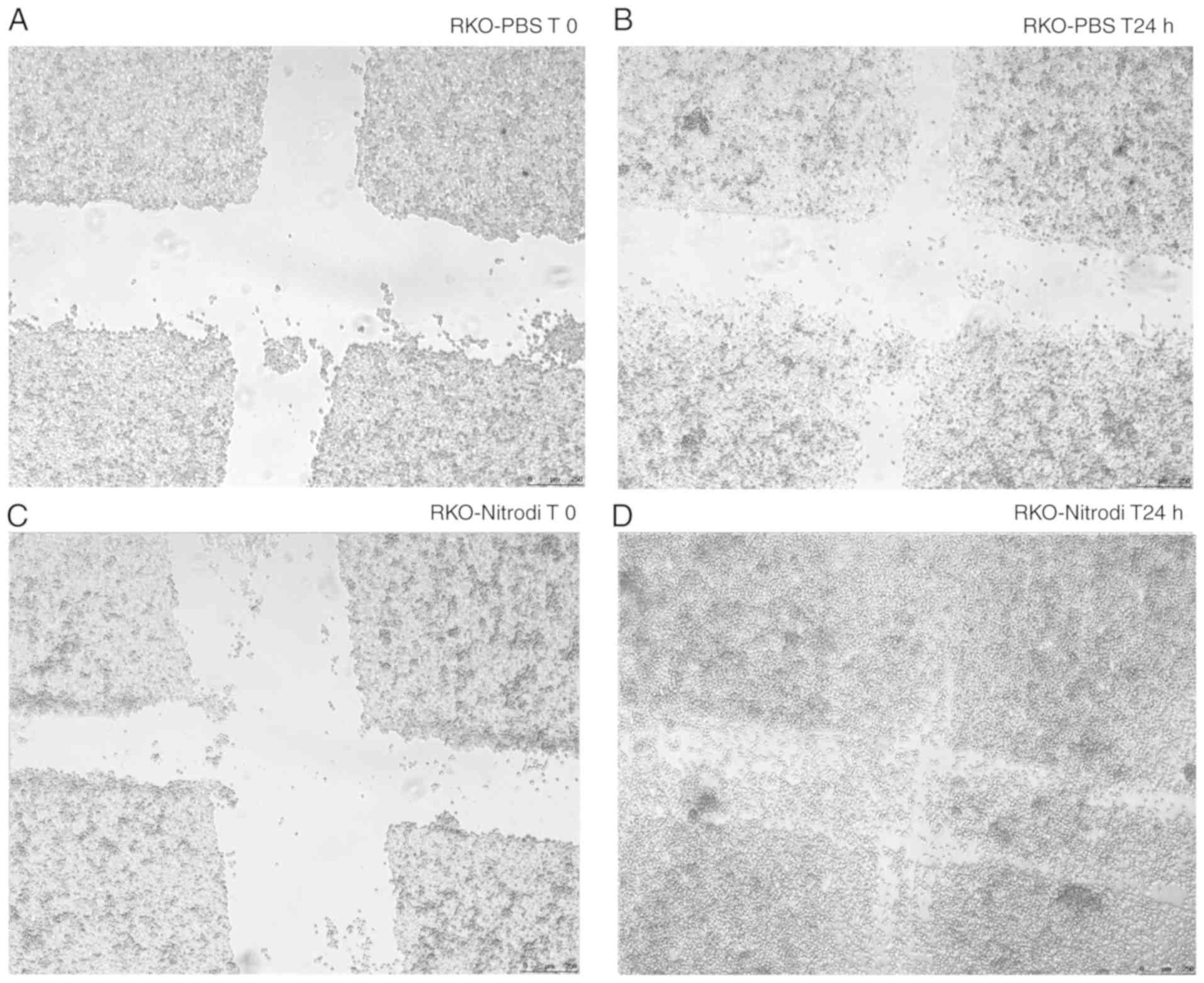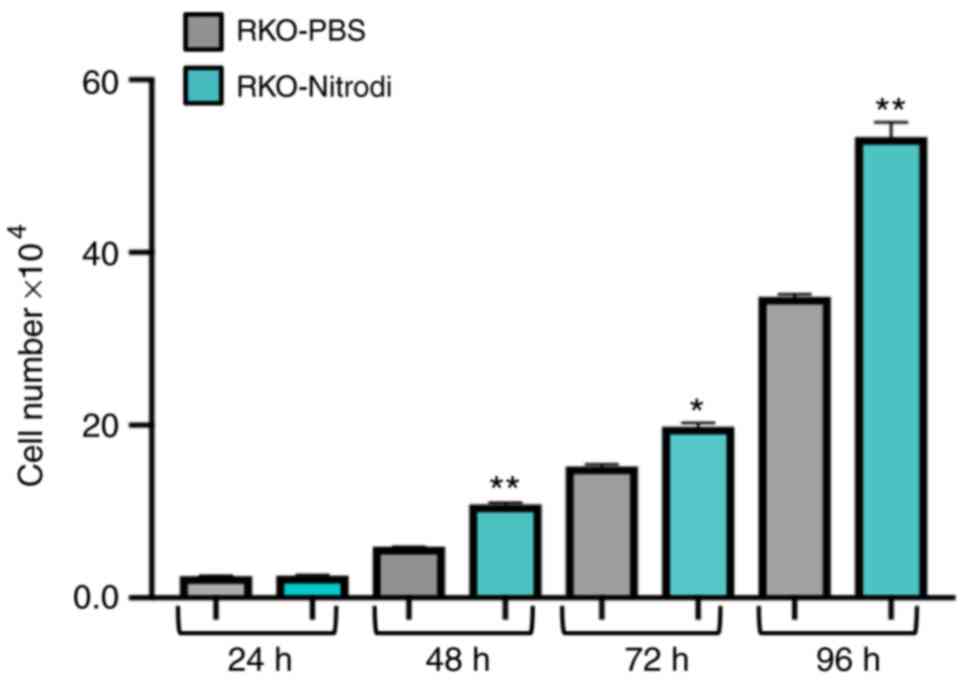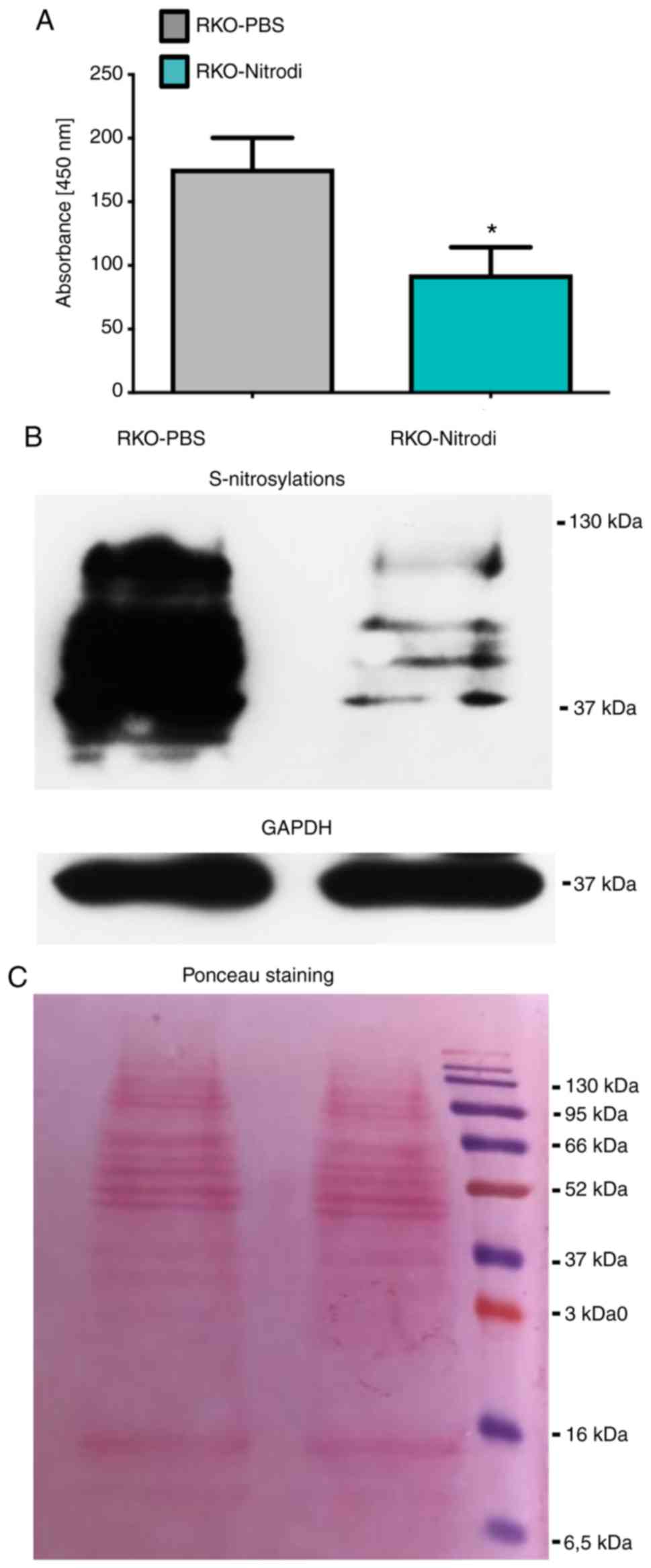|
1
|
Matsumoto S: Evaluation of the role of
balneotherapy in rehabilitation medicine. J Nippon Med Sch.
85:196–203. 2018. View Article : Google Scholar : PubMed/NCBI
|
|
2
|
Gálvez I, Torres-Piles S and Ortega-Rincón
E: Balneotherapy, immune system, and stress response: A hormetic
strategy? Int J Mol Sci. 19:16872018. View Article : Google Scholar :
|
|
3
|
Huang A, Seité S and Adar T: The use of
balneotherapy in dermatology. Clin Dermatol. 36:363–368. 2018.
View Article : Google Scholar : PubMed/NCBI
|
|
4
|
Andreassi L and Flori L: Mineral water and
spas in Italy. Clin Dermatol. 14:627–632. 1996. View Article : Google Scholar : PubMed/NCBI
|
|
5
|
Ricciardi E, Ricciardi CA and Ricciardi B:
Treatment of kidney diseases in the thermal springs of Pithecusa
during the XVIII Century. G Ital Nefrol. 33(Suppl 66):
33.S66.262016.PubMed/NCBI
|
|
6
|
Forti L: Rilievi dedicati alle ninfe
nitrodi. Rendiconti dell'Accademia di Archeologia. (Lettere e Belle
Arti-Napoli, New Series 26). pp. 161–191. 1951
|
|
7
|
Nasermoaddeli A and Kagamimori S:
Balneotherapy in medicine: A review. Environ Health Prev Med.
10:171–179. 2005. View Article : Google Scholar : PubMed/NCBI
|
|
8
|
Petraccia L, Liberati G, Masciullo SG,
Grassi M and Fraioli A: Water, mineral waters and health. Clin
Nutr. 25:377–85. 2006. View Article : Google Scholar
|
|
9
|
Marotta and Sica: Classificazione italiana
delle acque minerali. Annuali di Chimica Applicata. 19:1929.
|
|
10
|
Marotta and Sica: Classificazione italiana
delle acque minerali. Annuali di Chimica Applicata. 23:1933.
|
|
11
|
Mancioli M: Le proprietà terapeutiche
delle acque Nitrodi e Olmitello. Li Causi Editore; Bologna:
1984
|
|
12
|
Yuan H, Liddle FJ, Mahajan S and Frank DA:
IL-6-induced survival of colorectal carcinoma cells is inhibited by
butyrate through down-regulation of the IL-6 receptor.
Carcinogenesis. 25:2247–2255. 2004. View Article : Google Scholar : PubMed/NCBI
|
|
13
|
Unver N and McAllister F: IL-6 family
cytokines: Key inflammatory mediators as biomarkers and potential
therapeutic targets. Cytokine Growth Factor Rev. 41:10–17. 2018.
View Article : Google Scholar : PubMed/NCBI
|
|
14
|
Turano M, Costabile V, Cerasuolo A,
Duraturo F, Liccardo R, Delrio P, Pace U, Rega D, Dodaro CA, Milone
M, et al: Characterisation of mesenchymal colon tumour-derived
cells in tumourspheres as a model for colorectal cancer
progression. Int J Oncol. 53:2379–2396. 2018.PubMed/NCBI
|
|
15
|
Cammarota F, Conte A, Aversano A, Muto P,
Ametrano G, Riccio P, Turano M, Valente V, Delrio P, Izzo P, et al:
Lithium chloride increases sensitivity to photon irradiation
treatment in primary mesenchymal colon cancer cells. Mol Med Rep.
21:1501–1508. 2020.PubMed/NCBI
|
|
16
|
Galatola M, Paparo L, Duraturo F, Turano
M, Rossi GB, Izzo P and De Rosa M: Beta catenin and cytokine
pathway dysregulation in patients with manifestations of the ʻPTEN
hamartoma tumor syndrome'. BMC Med Genet. 13:282012. View Article : Google Scholar
|
|
17
|
Costabile V, Duraturo F, Delrio P, Rega D,
Pace U, Liccardo R, Rossi GB, Genesio R, Nitsch L, Izzo P and De
Rosa M: Lithium chloride induces mesenchymal to epithelial
reverting transition in primary colon cancer cell cultures. Int J
Oncol. 46:1913–1923. 2015. View Article : Google Scholar : PubMed/NCBI
|
|
18
|
Wink DA, Kim S, Coffin D, Cook JC,
Vodovotz Y, Chistodoulou D, Jourd'heuil D and Grisham MB: Detection
of S-nitrosothiols by fluorometric and colorimetric methods. In
Methods Enzymol. 301:201–211. 1999. View Article : Google Scholar
|
|
19
|
Nasermoaddeli A and Kagamimori S:
Balneotherapy in medicine: A review. Environ Health Prev Med.
10:171–179. 2005. View Article : Google Scholar : PubMed/NCBI
|
|
20
|
Ortega E, Gálvez I, Hinchado MD, Guerrero
J, Martín-Cordero L and Torres-Piles S: Anti-inflammatory effect as
a mechanism of effectiveness underlying the clinical benefits of
pelotherapy in osteoarthritis patients: Regulation of the altered
inflammatory and stress feedback response. Int J Biometeorol.
61:1777–1785. 2017. View Article : Google Scholar : PubMed/NCBI
|
|
21
|
Galvez I, Torres-Piles S, D Hinchado M,
Alvarez-Barrientos A, Torralbo-Jimenez P, Guerrero J,
Martin-Cordero L and Ortega E: Immune-neuroendocrine dysregulation
in patients with osteoarthritis: A revision and a pilot study.
Endocr Metab Immune Disord Drug Targets. 17:78–85. 2017. View Article : Google Scholar : PubMed/NCBI
|
|
22
|
Matz H, Orion E and Wolf R: Balneotherapy
in dermatology. Dermatol Ther. 16:132–140. 2003. View Article : Google Scholar : PubMed/NCBI
|
|
23
|
Ehrenfeld P, Cordova F, Duran WN and
Sanchez FA: S-nitrosylation and its role in breast cancer
angiogenesis and metastasis. Nitric Oxide. 87:52–59. 2019.
View Article : Google Scholar : PubMed/NCBI
|
|
24
|
Iwakiri Y, Satoh A, Chatterjee S, Toomre
DK, Chalouni CM, Fulton D, Groszmann RJ and Sessa WC: Nitric oxide
synthase generates nitric oxide locally to regulate
compartmentalized protein S-nitrosylation and protein trafficking.
Proc Natl Acad Sci USA. 103:19777–19782. 2006. View Article : Google Scholar : PubMed/NCBI
|
|
25
|
Marín N, Zamorano P, Carrasco R, Mujica P,
González FG, Quezada C, Meininger CJ, Boric MP, Durán WN and
Sánchez FA: S-Nitrosation of β-catenin and p120 catenin: A novel
regulatory mechanism in endothelial hyperpermeability. Circ Res.
111:553–563. 2012. View Article : Google Scholar
|
|
26
|
Guequén A, Carrasco R, Zamorano P,
Rebolledo L, Burboa P, Sarmiento J, Boric MP, Korayem A, Durán WN
and Sánchez FA: S-nitrosylation regulates VE-cadherin
phosphorylation and internalization in microvascular permeability.
Am J Physiol Heart Circ Physiol. 310:H1039–H1044. 2016. View Article : Google Scholar : PubMed/NCBI
|
|
27
|
Stamler JS, Simon DI, Jaraki O, Osborne
JA, Francis S, Mullins M, Singel D and Loscalzo J: S-nitrosylation
of tissue-type plasminogen activator confers vasodilatory and
antiplatelet properties on the enzyme. Proc Natl Acad Sci USA.
89:8087–8091. 1992. View Article : Google Scholar : PubMed/NCBI
|
|
28
|
Rizi BS, Achreja A and Nagrath D: Nitric
oxide: The forgotten child of tumor metabolism. Trends in cancer.
3:659–672. 2017. View Article : Google Scholar
|
|
29
|
Foster MW, Hess DT and Stamler JS: Protein
S-nitrosylation in health and disease: A current perspective.
Trends Mol Med. 15:391–404. 2009. View Article : Google Scholar : PubMed/NCBI
|
|
30
|
Nakamura T and Lipton SA: 'SNO'-storms
compromise protein activity and mitochondrial metabolism in
neurodegenerative disorders. Trends Endocrinol Metab. 28:879–892.
2017. View Article : Google Scholar : PubMed/NCBI
|
|
31
|
Narne P, Pandey V and Phanithi PB: Role of
nitric oxide and hydrogen sulfide in ischemic stroke and the
emergent epigenetic underpinnings. Mol Neurobiol. 56:1749–1769.
2019. View Article : Google Scholar
|
|
32
|
Plenchette S: Role of S-nitrosylation in
the extrinsic apoptotic signalling pathway in cancer. Redox Biol.
5:4152015. View Article : Google Scholar : PubMed/NCBI
|
|
33
|
Wei W, Li B, Hanes MA, Kakar S, Chen X and
Liu L: S-nitrosylation from GSNOR deficiency impairs DNA repair and
promotes hepatocarcinogenesis. Sci Transl Med. 2:19ra132010.
View Article : Google Scholar : PubMed/NCBI
|
|
34
|
Liu C, Liang MC and Soong TW: Nitric
oxide, iron and neurode-generation. Front Neurosci. 13:1142019.
View Article : Google Scholar
|
|
35
|
Spiers JG, Chen HJC, Bourgognon JM and
Steinert JR: Dysregulation of stress systems and nitric oxide
signaling underlies neuronal dysfunction in Alzheimer's disease.
Free Radic Biol Med. 134:468–483. 2019. View Article : Google Scholar : PubMed/NCBI
|
|
36
|
García-Ortiz A and Serrador JM: Nitric
oxide signaling in T cell-mediated immunity. Trends Mol Med.
24:412–427. 2018. View Article : Google Scholar : PubMed/NCBI
|
|
37
|
Kim SF, Huri DA and Snyder SH: Inducible
nitric oxide synthase binds, S-nitrosylates, and activates
cyclooxygenase-2. Science. 310:1966–1970. 2005. View Article : Google Scholar : PubMed/NCBI
|
|
38
|
Alexanian A and Sorokin A: Cyclooxygenase
2: Protein-protein interactions and posttranslational
modifications. Physiol Genomics. 49:667–681. 2017. View Article : Google Scholar : PubMed/NCBI
|
|
39
|
Guan PP, Ding WY and Wang P: The roles of
prostaglandin F2 in regulating the expression of matrix
metalloproteinase-12 via an insulin growth factor-2-dependent
mechanism in sheared chondrocytes. Signal Transduct Target Ther.
3:272018. View Article : Google Scholar :
|
|
40
|
Goldring MB: Osteoarthritis and cartilage:
The role of cytokines. Curr Rheumatol Rep. 2:459–465. 2000.
View Article : Google Scholar : PubMed/NCBI
|
|
41
|
Basu S, Whiteman M, Mattey D and Halliwell
B: Raised levels of F(2)-isoprostanes and prostaglandin F(2alpha)
in different rheumatic diseases. Ann Rheum Dis. 60:627–631. 2001.
View Article : Google Scholar : PubMed/NCBI
|
|
42
|
Fioravanti A, Karagülle M, Bender T and
Karagülle MZ: Balneotherapy in osteoarthritis: Facts, fiction and
gaps in knowledge. Eur J Integr Med. 9:148–150. 2017. View Article : Google Scholar
|
|
43
|
Jantz MA and Antony VB: Pathophysiology of
the Pleura. Respiration. 75:121–133. 2008. View Article : Google Scholar : PubMed/NCBI
|
|
44
|
Prandelli C, Parola C, Buizza L, Delbarba
A, Marziano M, Salvi V, Zacchi V, Memo M, Sozzani S, Calza S, et
al: Sulphurous thermal water increases the release of the
anti-inflammatory cytokine IL-10 and modulates antioxidant enzyme
activity. Int J Immunopathol Pharmacol. 26:633–646. 2013.
View Article : Google Scholar : PubMed/NCBI
|
|
45
|
Karagülle MZ, Karagülle M, Kılıç S, Sevinç
H, Dündar C and Türkoğlu M: In vitro evaluation of natural thermal
mineral waters in human keratinocyte cells: A preliminary study.
Int J Biometeorol. 62:1657–1661. 2018. View Article : Google Scholar : PubMed/NCBI
|
|
46
|
Tsoureli-Nikita E, Menchini G, Ghersetich
I and Hercogova J: Alternative treatment of psoriasis with
balneotherapy using leopoldine spa water. J Eur Acad Dermatol
Venereol. 16:260–262. 2002. View Article : Google Scholar : PubMed/NCBI
|
|
47
|
Augustin M, Alvaro-Gracia JM, Bagot M,
Hillmann O, van de Kerkhof PCM, Kobelt G, Maccarone M, Naldi L and
Schellekens H: A framework for improving the quality of care for
people with psoriasis. J Eur Acad Dermatol Venereol. 26(Suppl 4):
S1–S16. 2012. View Article : Google Scholar
|
|
48
|
De Jager SCA and Hoefer IE: Beyond the
matrix: MMP2 as critical regulator of inflammation-mediated
vascular dysfunction. Cardiovasc Res. 113:1705–1707. 2017.
View Article : Google Scholar : PubMed/NCBI
|
|
49
|
Fingleton B: Matrix metalloproteinases as
regulators of inflammatory processes. Biochim Biophys Acta Mol Cell
Res. 1864:2036–2042. 2017. View Article : Google Scholar : PubMed/NCBI
|
|
50
|
Lyu Y, Xiao Q, Yin L, Yang L, Wei H and He
W: Potent delivery of an MMP inhibitor to the tumor
microenvironment with thermosensitive liposomes for the suppression
of metastasis and angiogenesis. Signal Transduct Target Ther.
4:262019. View Article : Google Scholar : PubMed/NCBI
|
|
51
|
Dasgupta S, Gomez JJ, Singh I and Khan M:
S-Nitrosylation in regulation of inflammation and cell damage. Curr
Drug Targets. 19:1831–1838. 2018. View Article : Google Scholar : PubMed/NCBI
|
|
52
|
Forrester MT, Foster MW, Benhar M and
Stamler JS: Detection of protein S-nitrosylation with the
biotin-switch technique. Free Radical Bio Med. 46:119–126. 2009.
View Article : Google Scholar
|
|
53
|
Martínez-Ruiz A, Cadenasa S and Lamas S:
Nitric oxide signaling: Classical, less classical, and nonclassical
mechanisms. Free Radical Bio Med. 51:17–29. 2011. View Article : Google Scholar
|




















